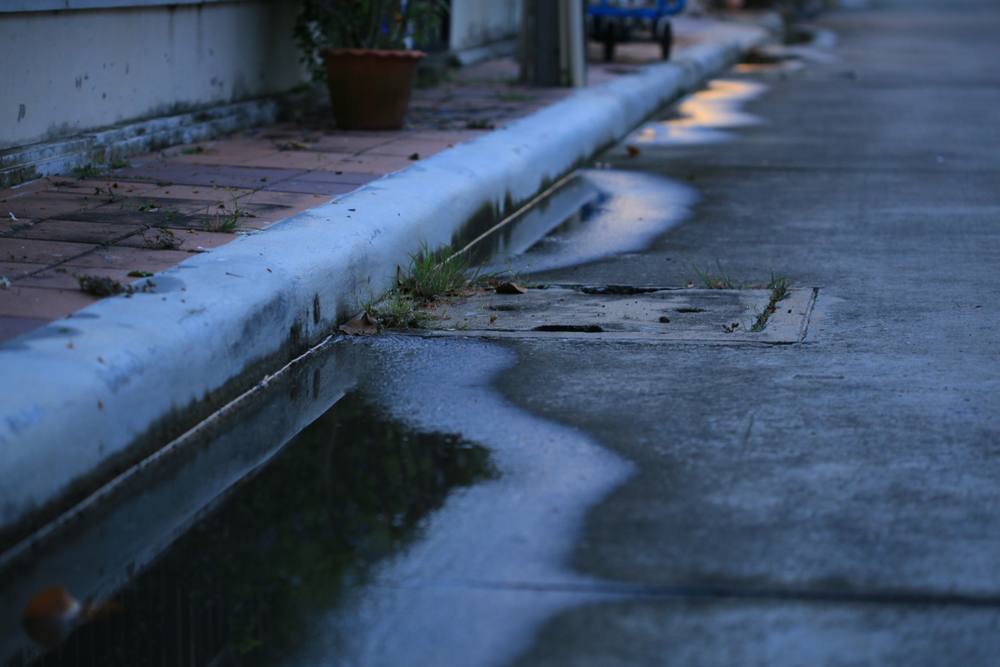
How to Tell If Your Parking Lot Needs a Full Resurface
September 7, 2025
A parking lot resurface is the process of applying a new asphalt layer over an existing lot to restore its strength, safety, and appearance. Unlike minor patching, resurfacing addresses both surface and structural issues, providing the pavement with a fresh start and extending its lifespan by decades. According to the National Safety Council (NSC), tens
Read
When to Choose Concrete Replacement Instead of Repair: A Complete Guide for Property Owners
July 30, 2025
When it comes to worn or damaged concrete, property owners are often left asking the same critical question: Should I repair this, or is it time for a complete replacement? While minor issues can often be addressed with a surface-level fix, deeper damage, safety concerns, or code compliance requirements may make replacement the smarter investment.
Read
How Poor Drainage Can Destroy Your Concrete Over Time
July 30, 2025
Concrete is renowned for its strength, durability, and low maintenance; however, poor drainage can silently compromise its integrity. Many property owners are unaware that water, not age, is the primary cause of concrete damage. When drainage fails, water doesn’t just stain the surface; it also seeps into the soil. It weakens concrete from the inside
ReadFast-Setting vs Standard Asphalt Repair Products: Complete Guide
July 28, 2025
Asphalt surfaces, from driveways to parking lots, are vital for safe and efficient transportation. In Denver, Colorado, where freeze-thaw cycles and temperature swings challenge pavement durability, choosing the right repair product is crucial. This guide compares fast-setting and standard asphalt repair products, exploring their composition, curing times, durability, costs, and suitability for Denver’s unique climate.
Read